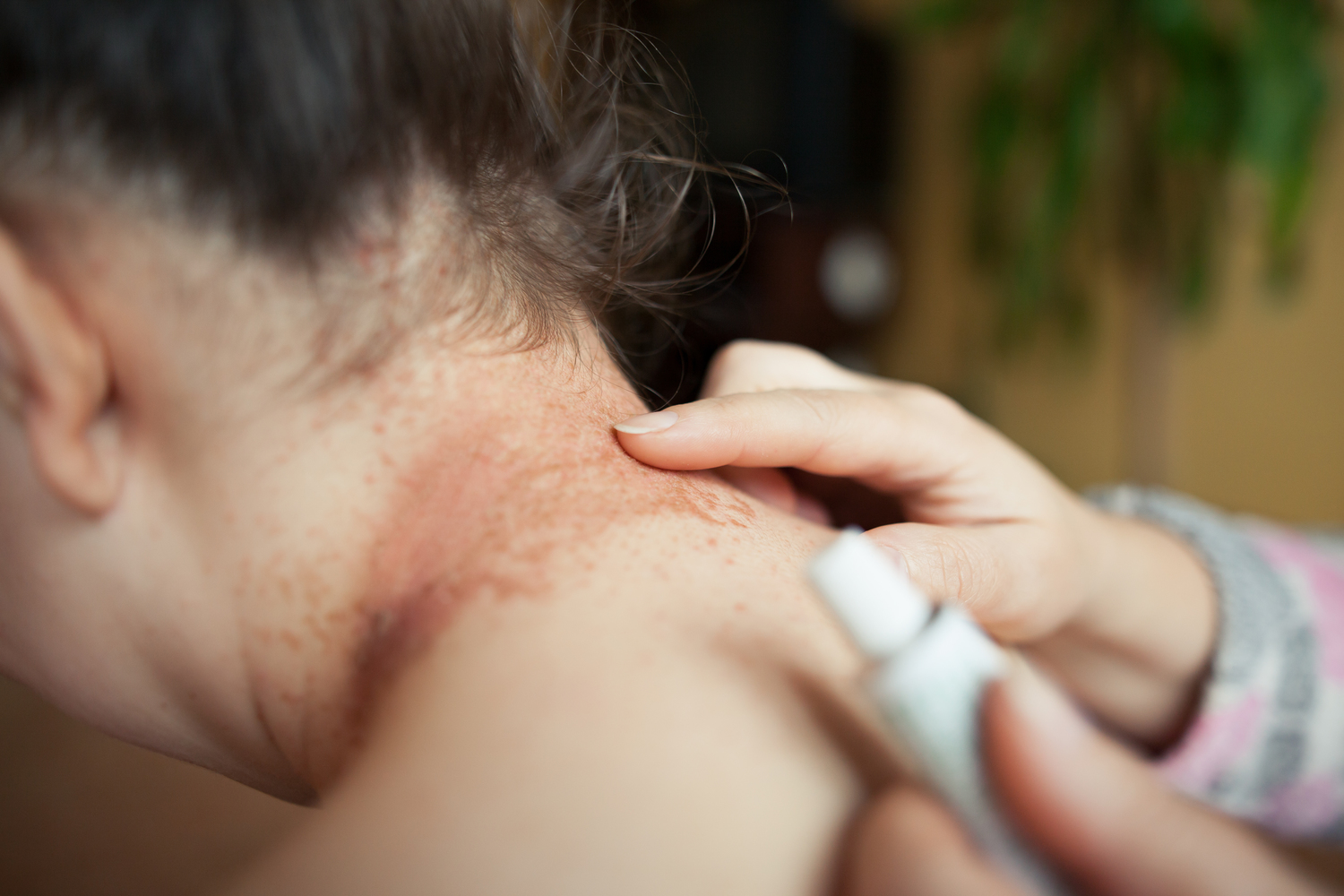
Eczema Trigger Foods
Eczema is a painful skin condition that creates dry, itchy, and patches of skin across a person’s body. Eczema comes in many forms and is triggered by genetics or other irritants to the skin. The condition has no scientific cure to date, but there are treatments to reduce symptoms of Eczema. Hand creams and other moisturizers are available to help moisturize the skin, but a certain diet can help prevent and reduce the condition.
Certain foods, when avoided, will lower inflammation and reduce the symptoms of eczema:
1. Dairy
Milk and dairy products are some of the beverages and foods that should be avoided to reduce symptoms of Eczema. Eczema symptoms are often caused by inflammation within the body, so foods that release T cells, a cell that leads to inflammation, should be avoided. Dairy products release these cells along with antibodies called immunoglobulins, which the body produces when it senses a threat. Avoiding dairy products and other milk based foods will help to prevent irritating flare ups on the skin.
2. Citrus fruits
Citrus fruits are also known to trigger Eczema symptoms. These fruits cause inflammation and can lead to break out spots of the irritating skin condition.
3. Food allergens
Though seemingly logical, entirely avoiding foods that a person is allergic to can greatly reduce symptoms of Eczema. By getting an allergy test, a person can reveal foods that someone may not have known they were allergic to. This testing can also shine a light on foods that a certain person may have an increased sensitivity to. These foods can cause irritation to the skin and body, which can cause symptoms of eczema to appear. Avoiding foods that produce allergens for a certain person will take items that increase their body’s sensitivity away and can help to prevent Eczema from appearing.
4. Processed and artificial products
Foods with processed and artificial products can lead to eczema. These foods, along with foods high in trans fats, create negative reactions within the body and can lead to increased symptoms of Eczema. Foods high in trans fats or preservatives should be avoided. These include fast foods meals and other baked goods.
5. Sugars
Foods high in sugar also have a strong contribution to Eczema. Sugars force the body to release insulin, which is a hormone created in the pancreas. Insulin is tasked with controlling blood sugar levels by using or storing sugar from carbohydrates, but also leads to harmful inflammation for people with eczema. Limiting sugar will not only lead to a healthier diet, but will also lead to less inflammation and symptoms of Eczema. This means avoiding sugary drinks like sodas and fruit juices, cakes, ice cream, and other foods.
Limiting the amount of inflammatory foods in a person’s diet is a great way to reduce symptoms that come along with Eczema. By reducing these from a diet, along with foods that a sensitivity is present, will drastically decrease the occurrence of the dry patches of skin that Eczema brings along. Foods with anti-inflammatory properties, like fish and nuts, should be consumed in order to help reduce inflammation. Diet is a simple way to limit the problematic symptoms of eczema.



